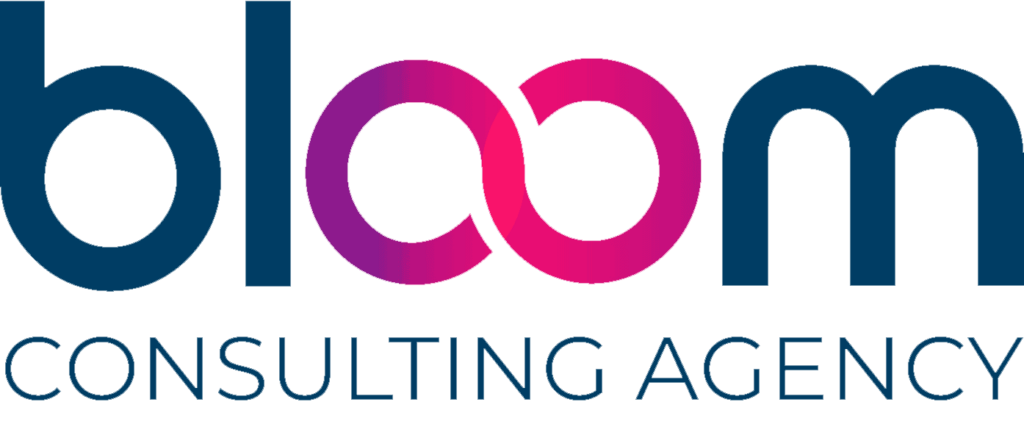Payer contract negotiations can result in higher reimbursements for healthcare practices. As these reimbursements are a significant part of the practice’s revenue, it is essential to receive the highest reimbursements possible. Those unfamiliar with payer contract negotiation can miss out on a high percentage of income. Therefore, healthcare practices must familiarize themselves with negotiating and monitoring their fee schedules and reimbursement.
Many healthcare practices are unaware that payer contract negotiations are possible. Payer policy change maintenance is a complex process. As a result, it takes time and effort for healthcare practices to increase their reimbursement rates. Finding a qualified and experienced healthcare consultant can steer the practice in the right direction.
What are Payer Contract Negotiations?
Health insurance payers have begun to adjust their policies to better serve the small to mid-size groups of healthcare provider practices. Ignoring these groups for years, after professional auditing of their revenue base, payers found that this groupset is where they make the most money. Therefore, they are accepting the possibility of payer contract negotiations. Now healthcare providers are becoming keen on this possibility and are reaching out to learn the art of negotiation.
Without the ability to participate in payer contract negotiations, low reimbursement rates forced small provider practices to join larger practices with more power in negotiating better reimbursements. It’s a new practice for these small groups, and not many practice managers are familiar with the process. A professional healthcare consultant could be wise to undertake these new ventures.
Essential Practices to Initiate Payer Contract Negotiations
Essential foundational elements must be audited and resulted before payer contract negotiations can begin. Finding a professional contract negotiator would benefit any practice, but after evaluating the process, it may lead to other resolutions. Getting your foot in the door will take months of preparation if you combine efforts with your current team. Again, a professional healthcare consultant can steer you in the right direction with your current personnel status.
Analyze Current Contracts
Seventy to eighty percent of total practice collections are produced from payer reimbursements. Therefore, most providers need to become more familiar with the contents of their contracts with the payers. Learning more about contractual negotiations can end the habit of claiming all possible revenue. Analyzing payment histories is an initial step in payer contract negotiations. In addition, linking standard code charges to payments will gain insights.
Analyze the Fee Schedule
The base foundation of payer contract negotiations is the billed amount. What charge is connected to your standard code sets? Once you have compared reimbursement rates for commonly used codes, it’s time to compare your charges for all codes with Medicare’s payment rates. Commercial payers could have payment rates 150 to 200 percent higher than what Medicare pays. Reset your fee schedule.
After completing these two critical steps, it’s time to consider how deep you want to swim in this process. Hiring a professional consultant can take your accumulated data and move forward quickly. They know what payers require to begin the process. They also understand some common tricks insurance companies use to interrupt reimbursement flows.
Understanding Your Values
All payers use the numbers and facts to compare data and decide upon the value of the contract. Therefore, knowing your value will help you negotiate payer contracts. The goal is to up the reimbursement rates, and practices that have their numbers and facts in line can use that data to improve their payments. So, use everything you have, including patient satisfaction scores, outstanding quality metrics, location, and specialty.
Cost of Living Numbers Count
Determine the cost of living in the location of the practice to add more leverage in raising reimbursement rates. The cost of living expenses includes all aspects of the cost of running a practice. Is your practice manager gathering this information regularly? For help with this factor, professional healthcare consultants can offer a template to gather all required information. In addition, when attempting payer contract negotiations, please consider needing to stay in business.
Payer Contract Negotiations Key Factors
Insurance companies use every trick in the book to avoid paying practices that they truly deserve. Therefore, policy changes can interfere with revenue flow; if the practice is notified, they can retain revenue. Therefore, part of all contract negotiations must be a clause that demands prior notifications on policy changes before the change. This clause is a game changer in payer contract negotiations.
The prior authorization clause needs to be identified and agreed upon. Updating the wording so the practice does not lose money on denied claims for authorized procedures. Find the open window clause for updating and terminating payer contracts. Be sure you plan for these deadlines in your payer contract negotiations.
Find Help in Florida for Help with Payer Contract Negotiations
If your practice resides in that sweet spot insurance companies believe most of their revenue comes from, take action to work on payer contract negotiations. Bloom Healthcare Consulting in Florida can lead your practice to higher reimbursement rates. Contact one of our professional healthcare consultants to move into the new realm of high reimbursement rates. Contact us now for more information on this critical topic.










